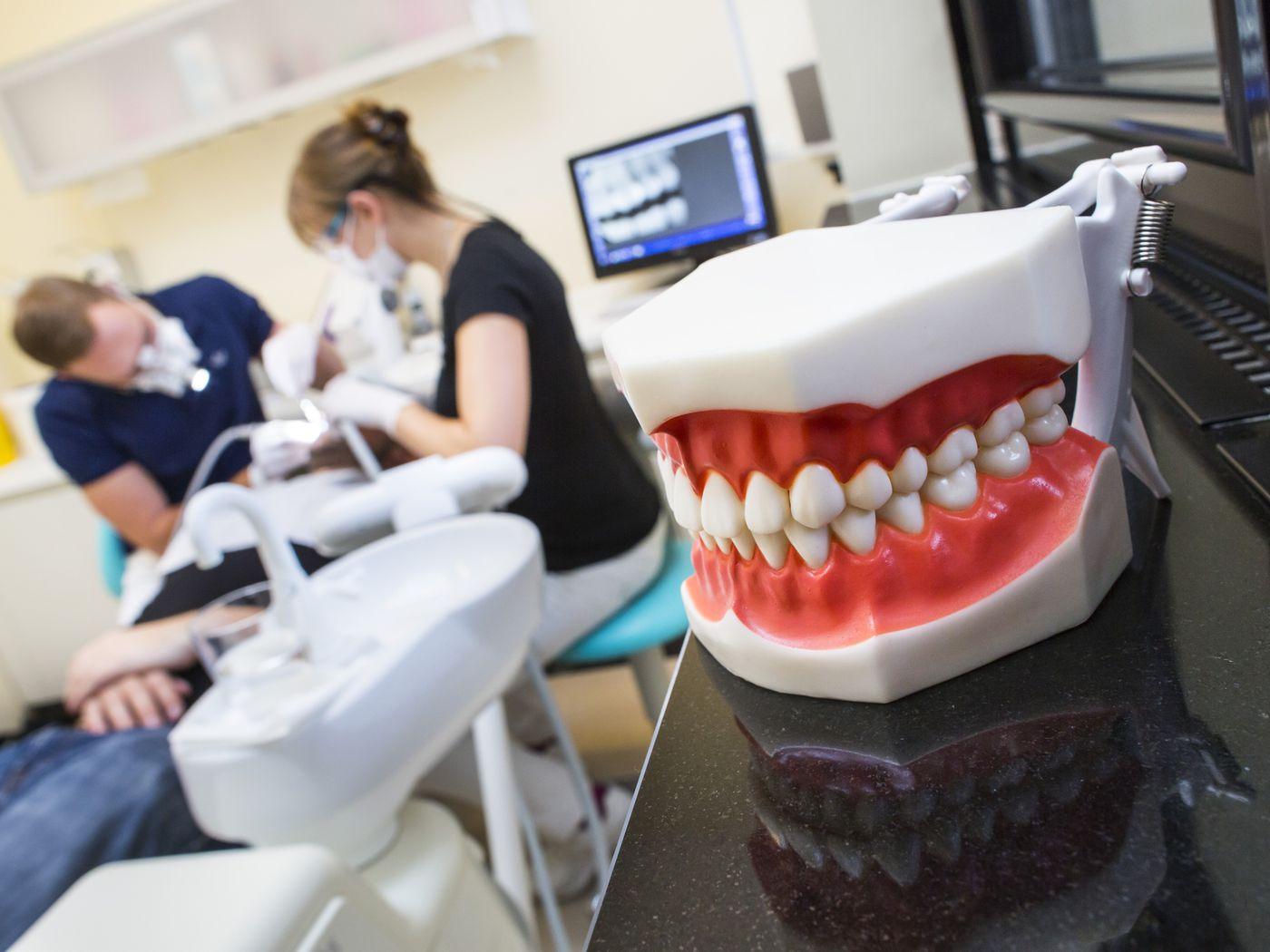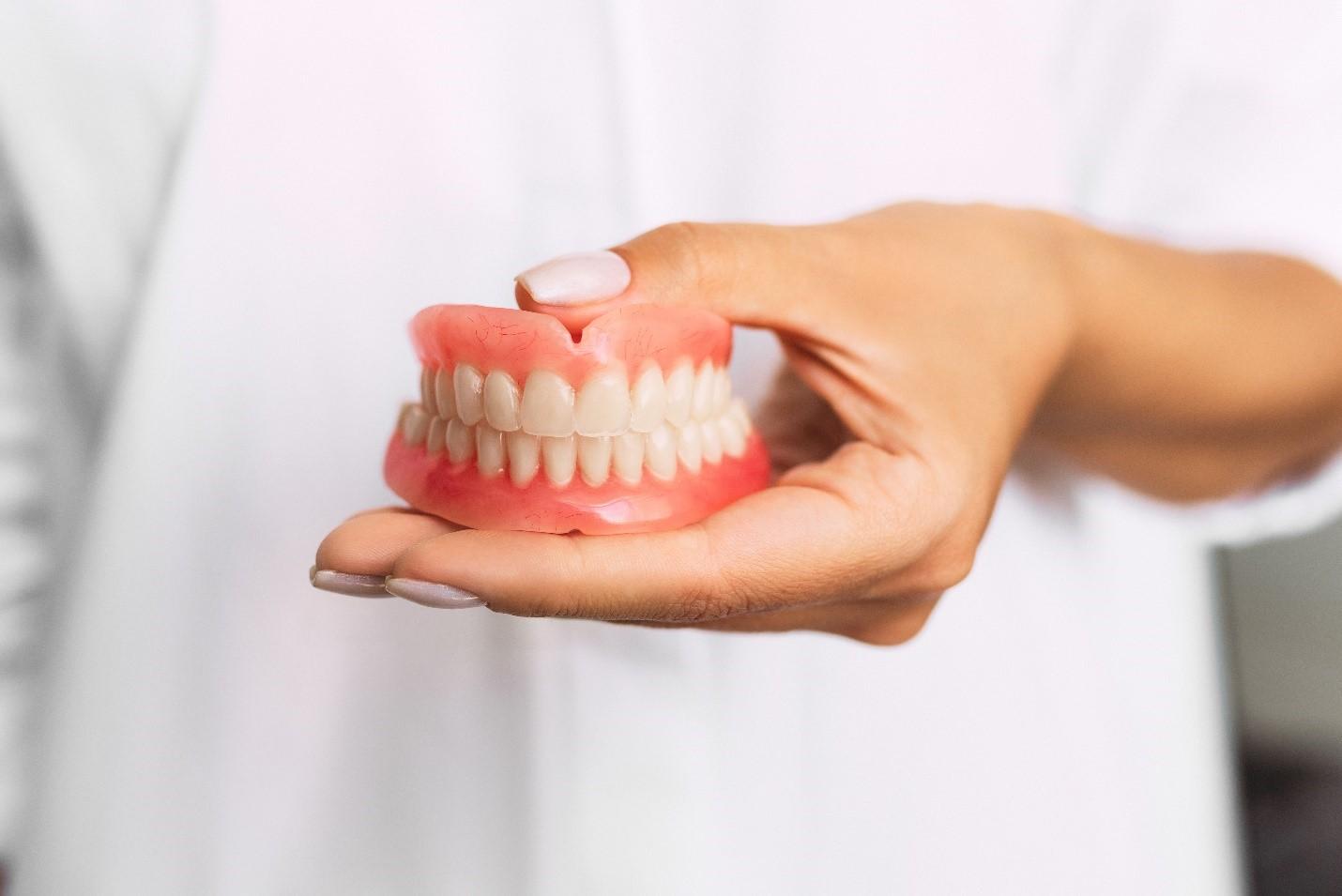Resin Veneers vs Porcelain: Understanding the Differences

Dental veneers are a common cosmetic dentistry procedure that can significantly enhance the look of your teeth. These are tiny, individually created shells that are affixed to the top of your teeth to enhance their size, shape, color, and alignment. Resin and porcelain veneers are two popular kinds of veneers. While both can improve your smile, there are differences in the materials, costs, and durability of each. If you are unsure about which one to get, get a dentist in Drexel Hill, PA, today.
Resin Veneers:
Resin veneers, also known as composite veneers, are made of a tooth-colored resin material that is applied and sculpted directly onto your teeth. They are less expensive than porcelain veneers and require less tooth enamel to be removed. Resin veneers can be completed in a single visit to the dentist and are a good option if you have minor cosmetic issues, such as chipped or discolored teeth. They are also less likely to fracture or break than porcelain veneers, which makes them a better choice for patients with a history of teeth grinding or clenching.
However, resin veneers have some drawbacks. They are not as durable as porcelain veneers and may need to be replaced more often, typically every 5-7 years. They are also more prone to staining and discoloration, especially if you smoke or consume coffee, tea, or red wine regularly. While resin veneers can be polished and repaired, they cannot be whitened with professional teeth whitening treatments.
Porcelain Veneers:
Porcelain veneers are small, translucent porcelain shells that closely resemble the appearance and feel of real teeth. Based on the measurements and impressions of your teeth, they are created to order in a dental laboratory. In general, and with adequate maintenance, porcelain veneers last 10-15 years or longer than resin veneers. They can keep their dazzling, white appearance for years to come since they are more resistant to stains and degradation.
Porcelain veneers require more tooth enamel to be removed than resin veneers, which means they are a more invasive procedure. They also take longer to complete, typically requiring two or three visits to the dentist. Porcelain veneers are a good option if you have more complex cosmetic issues, such as crooked, misaligned, or gapped teeth. They can also be used to fix severe discoloration, chips, cracks, and other imperfections that cannot be corrected with other treatments.
Final Thoughts:
Both resin veneers and porcelain veneers can enhance the appearance of your teeth and boost your confidence. Your dentist can evaluate your oral health and recommend the best type of veneers for you.











